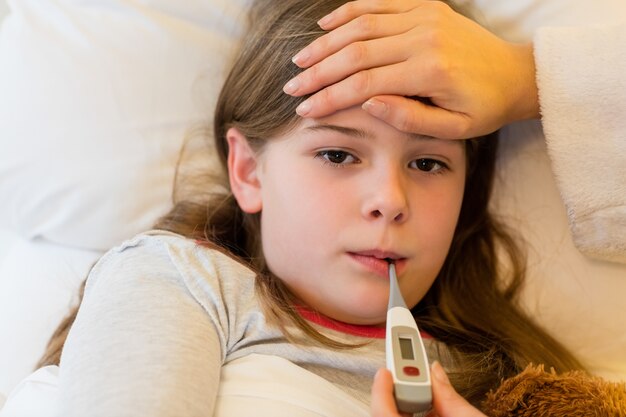
Yellow fever is a serious viral infection spread by certain types of mosquitoes, commonly found in Africa and South America. It can affect both local residents and travelers.
In mild cases, symptoms include fever, nausea, vomiting, and headache. However, in severe cases, it can cause high fever, bleeding under the skin, and liver and kidney damage, leading to jaundice, where the skin and eyes turn yellow. Early detection and treatment are crucial to prevent severe health risks.
Yellow fever is an acute systemic illness caused by the flavivirus, transmitted mainly by Aedes and Haemogogus mosquitoes. According to WHO, in 2013, there were around 84,000 severe cases, resulting in 29,000 to 60,000 deaths, mostly in Africa. Recently, Brazil experienced an outbreak, prompting CDC to issue a travel alert.
Yellow fever is a severe, potentially fatal disease, similar to a bad flu, and it’s spread by mosquitoes. People typically get yellow fever when they are bitten by an infected mosquito, which can have caught the virus from an infected person or monkey. The virus can be transmitted to travelers or locals near jungles in Africa and the Americas, making them potential carriers when they return home.
Symptoms usually develop within 3 to 6 days after exposure and initially mimic flu, with fever, chills, muscle aches, headaches, and joint pains. These symptoms tend to improve over a few days, but in some cases, more severe symptoms develop. The toxic phase, which occurs in about 15% of cases, includes abdominal pain, seizures, reduced urination, and bleeding, and can be fatal.
Diagnosis involves a detailed history and blood tests to confirm the presence of the virus and rule out other conditions like malaria or dengue. There is no specific treatment for yellow fever, so supportive care in hospitals focuses on managing symptoms and preventing complications like dehydration and organ failure. Infected individuals should avoid aspirin and NSAIDs to reduce the risk of bleeding.
Prevention through vaccination is the best strategy. The yellow fever vaccine is a single shot that provides long-term protection and is recommended for anyone traveling to high-risk areas. The CDC advises people aged 9 months to 59 years to get vaccinated, especially if traveling to regions with yellow fever outbreaks. People with certain medical conditions, allergies, or pregnancy should consult their doctor first.
Apart from vaccination, protecting yourself from mosquito bites by using repellents, wearing protective clothing, and staying indoors during peak mosquito activity times is crucial.
The outlook for yellow fever varies; many people recover without severe symptoms, but those who do develop severe symptoms face a higher fatality rate. Immediate medical attention and vaccination are key to managing and preventing this disease effectively.